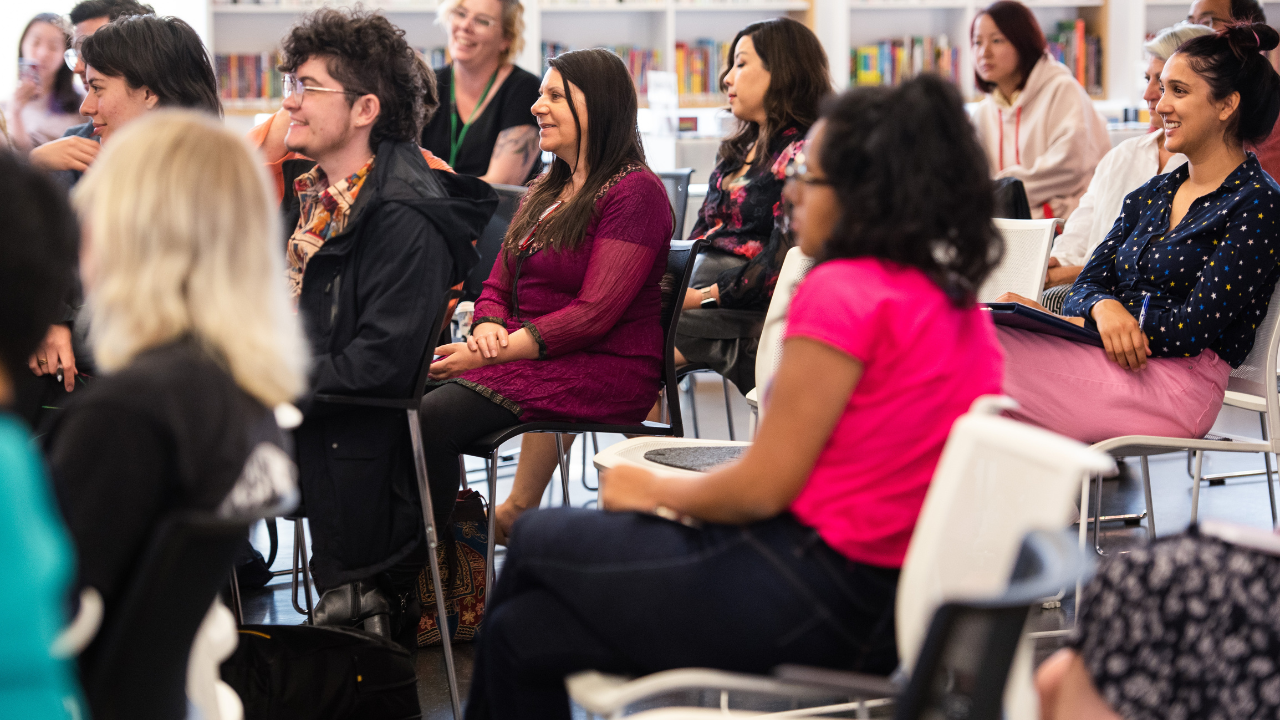The Draft Report of the Australian Government Productivity Commission [PC] into Intellectual Property Arrangements was released in April 2016. It contained a number of recommendations on issues affecting writers and the book industry, including on parallel importation restrictions [PIRs] and copyright. The Draft Report covers a wide range of industries, including patent systems, designs, trademarks and other areas of intellectual property. These issues are critical for people working in the artistic and creative sectors to understand. The draft report and the recommendations are here.
Over recent weeks, much has been written on these issues in both the mainstream and social media. Much of it has focused on a draft finding in Chapter 4, which states ‘While hard to pinpoint an optimal copyright term, a more reasonable estimate would be closer to 15 to 25 years after creation; considerably less than 70 years after death’. This statement has been widely reported but is not a recommendation of the PC. The current copyright term (death of creator plus 70 years) is enshrined in territorial agreements and is not under review. There is a recommendation in Chapter 4 that has implications for writers as both creators and users of works: that the terms of copyright protection be extended to apply to “unpublished works”, which were previously exempt.
It is in Chapter 5 where the real issue lies, when the report turns its attention to ‘Copyright Accessibility: Licensing and Exceptions’, making one recommendation around geoblocking technology (to clarify that it is legal for Australian consumers to use technology to circumvent geoblocking to access material currently restricted under territorial copyright agreements, for example, shows that are available on Netflix UK or US). The second recommendation of that chapter is specifically targeted at the book industry, stating that parallel import restrictions on books should be repealed. This recommendation does not specifically seek to revoke contractual territorial copyright arrangements but does seek to remove the rules that restrict the importation of commercial quantities of books that are available for purchase domestically, thus effectively removing the trade barriers that were put in place to protect the Australian publishing industry.
There is a further recommendation of concern to writers in Chapter 5: that the Copyright Act be amended to replace the current ‘fair dealing’ exceptions with a new ‘fair use’ exception.
These recommendations all involve difficult economic, political and cultural issues. They also highlight just how diverse and complex the literary sector is – encompassing the interests of large multinational media and publishing conglomerates, the challenges facing booksellers, through to the creative and entrepreneurial practices of individual artists, including those writing and publishing independently and online.
One 16 June, SA Writers Centre will host a forum: – Protecting Writers, Readers and the Publishing Industry: a discussion of Parallel Importation Restrictions, Copyright and the Productivity Commission Recommendations. The key issues discussed will be: Will these recommendations have a significant impact on our industry? Will that impact be positive or negative? How will the impact be felt across different segments of the industry? For example, what will the impact be on writers who are published mainly overseas? On those who are published only locally? On those digitally published? Independently published? What about emerging writers looking to build a career? Or established writers looking to sustain a career? What issues do the recommendations pose for independent booksellers and publishing houses? For other parts of the literary sector eg festivals? For readers? What can we learn from looking at the experience of other countries and their book industries, particularly New Zealand after they removed PIRs?
We urge all writers to attend, from all genres and backgrounds, to hear a diverse range of perspectives from our panellists, and to add their voice to the conversation.







